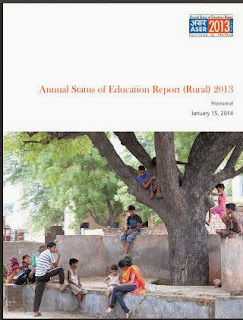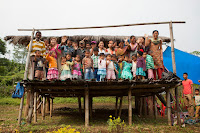[MLE] Congratulations with International Mother Language Day!

Congrats, Multilingual Education Friends, today is International Mother Language day! A nice description on West-Info-eu is given as follows: Today 21 st February , the International Mother Language Day is celebrated. Proclaimed the first time in 1999 by UNESCO , it is an important initiative to promote linguistic and cultural diversity and multiculturalism. The date represents the day in 1952 when students demonstrating for recognition of their language, Bangla , as one of the two national languages of the then Pakistan , were shot and killed by police in Dhaka , the capital of what is now Bangladesh. However, due to globalization processes, languages are increasingly under threat to the point that more than 50% of the 7,000



